
Supplier Assessment Rubric
Abstract
Tim and Fred discuss supplier assessment criteria that are used to select suppliers or measure their performance.
Your Reliability Engineering Professional Development Site
by Tim Rodgers Leave a Comment
by Fred Schenkelberg Leave a Comment
by Fred Schenkelberg Leave a Comment

We cheat time. As reliability engineers, we are asked to peer into the future and predict the time to failure for our products and systems.
So, how do you go about setting up an accelerated life test? Some options work and some that do not.
by Tim Rodgers Leave a Comment
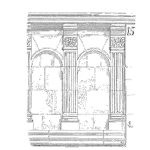
Tim and Fred discuss how to “interview” a supplier to determine what they really know about quality and reliability, and how they’re likely to behave if you have a problem.
ᐅ Play Episode
by Tim Rodgers Leave a Comment

Fred Schenkelberg, a guest host, interviews Wes Fulton about his work, software, and promotion of Weibull analysis.
by Carl S. Carlson Leave a Comment

Carl and Fred discuss reliability tasks and how we should approach reliability planning. Details including the rationale need to be clear.
ᐅ Play Episode
by Carl S. Carlson Leave a Comment
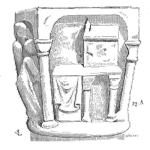
Carl and Fred discuss including reliability specifications in supplier requirements, too.
We discuss the impact of the focus on cost and delivery and adding reliability to the discussion and contracts.
ᐅ Play Episode
by Tim Rodgers Leave a Comment

Celine Geiger, a guest host, interviews David Groebel concerning David’s work at ReliaSoft bringing software products to market.
ᐅ Play Episode
by Carl S. Carlson Leave a Comment
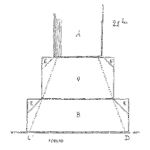
Carl and Fred discuss setting reliability requirements.
Instead of a soft goal or “generally good” thing to achieve, make them specific and clear. Make them a requirement to for the development teams to achieve.
ᐅ Play Episode
by Carl S. Carlson Leave a Comment

Carl and Fred discuss the connection of environmental testing to the reliability performance of a product.
The relationship between performance elements of a product and how they perform in the range of environmental conditions expected.
ᐅ Play Episode
by Tim Rodgers Leave a Comment

Tim Rodgers interviews Lou Gullo, concerning Lou’s work with the Reliability Society’s standards program.
ᐅ Play Episode
by Carl S. Carlson Leave a Comment

Carl and Fred discuss the role of senior managers within the reliability program.
Also when and how managers should get involved with your reliability program. And, remember your senior management can delegate tasks, not their responsibility.
ᐅ Play Episode
by Carl S. Carlson Leave a Comment
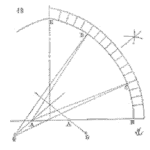
Carl and Fred discuss the general definition of design for reliability, then the essential essence of DFR. The ability to influence the point of decision during the design and development process.
ᐅ Play Episode
by Adam Bahret Leave a Comment
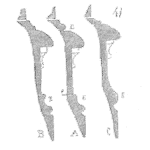
Adam and Fred discuss how one of the forgotten core functionalities of DFMEA is its contribution to successful project management.
ᐅ Play Episode
by Adam Bahret Leave a Comment
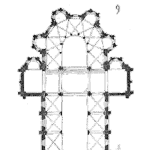
Adam and Fred discuss how to sync marketing and reliability engineering goals.
ᐅ Play Episode